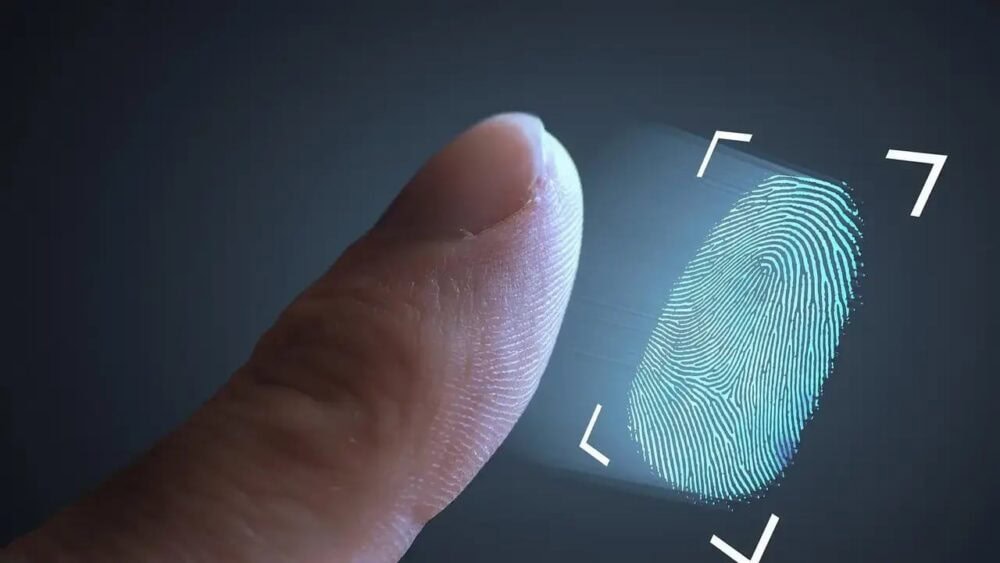By Kate Nelson
Copyright dailystar

Long-winded apologies are much more effectiv e than brief ones, boffins say. Using more words when saying sorry can appear more sincere to the recipient and make it more likely to be accepted. Fancy long words can also make a listener feel like the groveller has made more of an effort, eggheads from Royal Holloway, University of London found. Dr Shiri Lev-Ari, who carried out the research, said: “An apology may appear more genuine if it costs someone more to say it – and that can mean the time taken to say or type long words. Individuals interpret apologies with longer words as more apologetic.” Folk who are feeling sheepish change the way they speak and write when saying sorry. Dr Lev-Ari added: “Individuals produce longer words in their apologies than in their non-apologetic communication.” The study tested three versions of almost identical apologies to see how people responded, with the most rambling ones rated the best by most recipients. It also looked at social media apologies by celebrities and found they used five times more words than their usual posts. But folk who are begging for forgiveness often go wrong by forgetting to actually say the words “I’m sorry” or “I apologise”, according to the boffins. Psychology professor Karina Schumann, of Pittsburgh University in the US, who has extensively studied the science of apology, said: “They need to hear that very clear, strong signal. If that’s missing, then you can say all the rest, and some people might not register it as an apology.” She also advises avoiding the word ‘but’ when saying sorry because “people hear defensiveness, as opposed to accountability.” The egghead added: “There are certain words that immediately undermine the value of an apology.” Previous research found that Brits say “sorry” an average of nine times per day and use the word in 15 different ways. The language experts said that the UK’s “sorry culture” baffles foreigners as we endlessly apologise but without really meaning it. For the latest breaking news and stories from across the globe from the Daily Star, sign up for our newsletter by clicking here .



